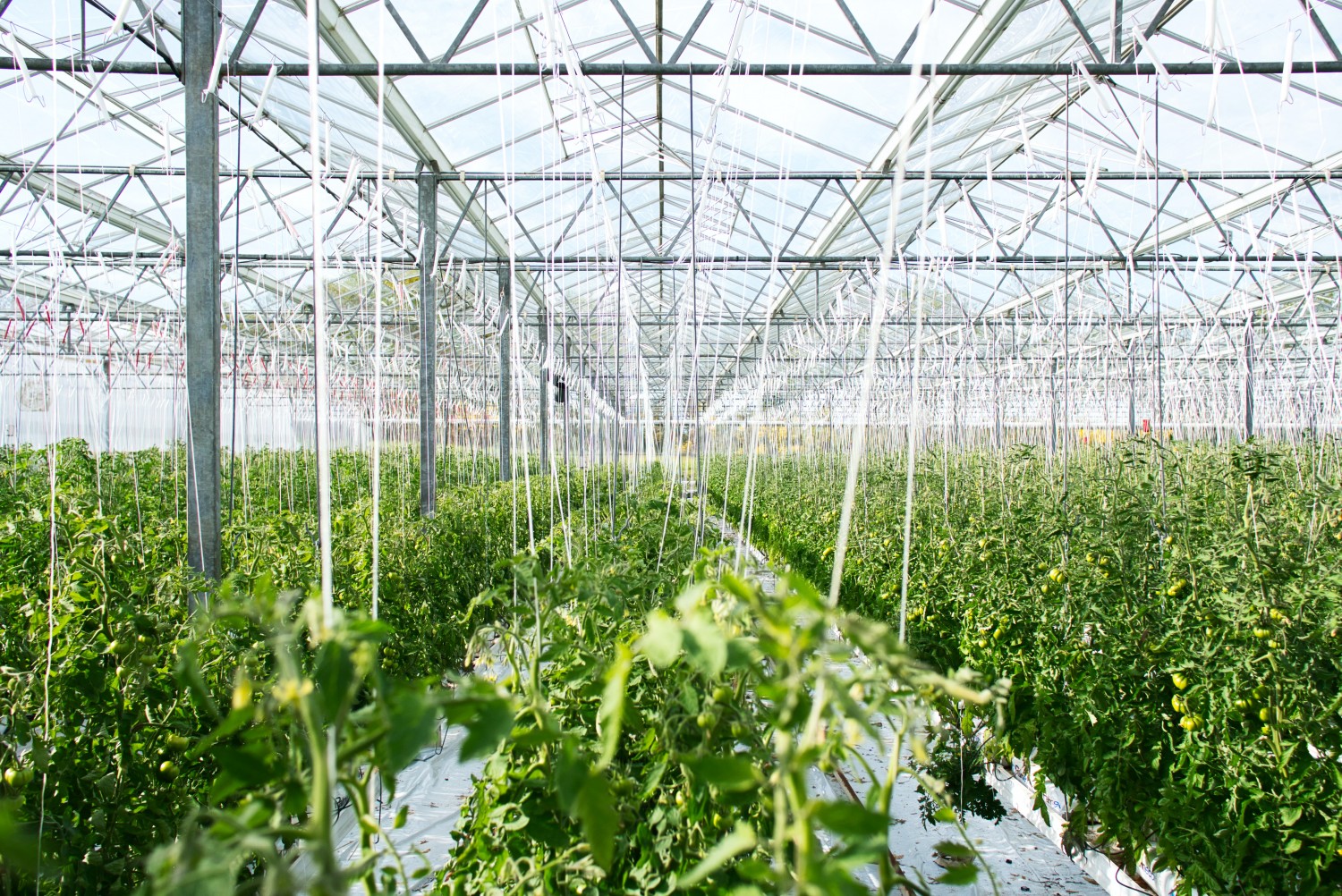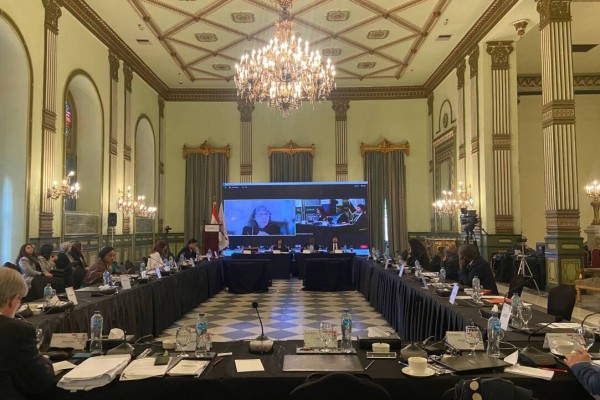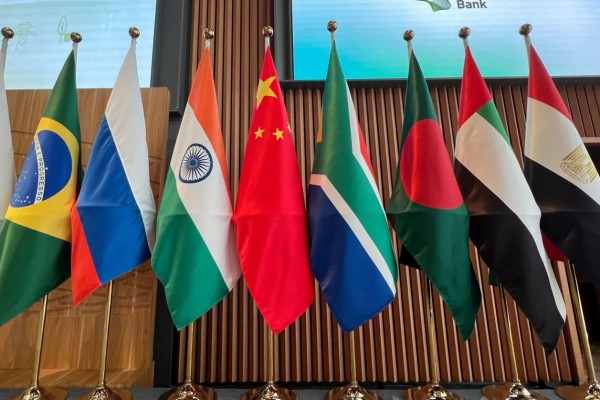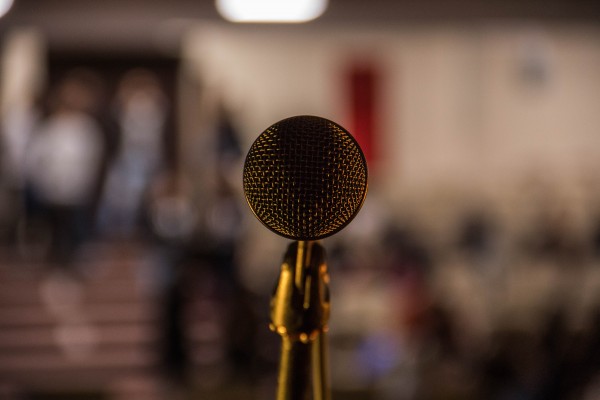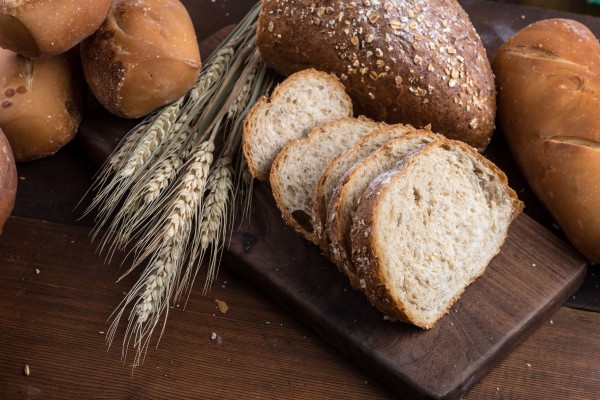The Ministry of Agriculture will develop a road map for the transition of the agricultural sector to domestic seeds of sunflower and other crops. For some of them the dependence on imports is more than 90%. Now is the right time for import substitution: our breeders already have their own developments and some global seed companies have left the Russian market. Alexey Ivanov, Director of the BRICS Competition Law and Policy Centre, told Rossiyskaya Gazeta about the tasks of the domestic selection and seed breeding industry.
Oilseeds are considered one of the most marginal crops. However, in traditional producing regions, except for Siberia, the percentage of foreign seeds is quite high. Meanwhile, Corteva, an international company that specializes in sunflower seeds, announced its departure from the Russian market at the end of April.
The departure of Corteva creates excellent opportunities for Russian players in reducing global competitive pressures, says Alexey Ivanov, director of the HSE-Skolkovo Institute for Law and Development and director of the BRICS Competition Law and Policy Centre at the National Research University Higher School of Economics.
The West did not impose a ban on the supply of seeds to Russia — the breeding material is removed from the sanctions pressure. And after the Istanbul grain deal, the situation in the crop industry in terms of sanctions in Russia is much more favorable than in other sectors, the expert notes.
Nevertheless, no one removed the task of ensuring food security and reducing the dependence of the industry on foreign seeds. Another thing is that previously the Russian breeding industry was developed solely due to state support. But all this work must have a market basis - only a long-term demand from Russian farmers for domestic seeds can guarantee the sustainability of the results, which the Ministry wants to achieve, emphasizes Ivanov.
Back in late 2020, the Higher School of Economics together with its partners at the platform of RG presented a ten-step plan for the transformation of the Russian breeding and seed industry. These steps include, for example, organizing several educational centers for training breeders, biotechnologists and bioinformaticians; creating a digital database of state genetic collections. The Higher School of Economics also suggested directing state support measures to create vertically integrated national leaders in breeding, seed breeding and package agro-technological solutions on the basis of Russian private companies or companies with state participation.
Read the full article.
